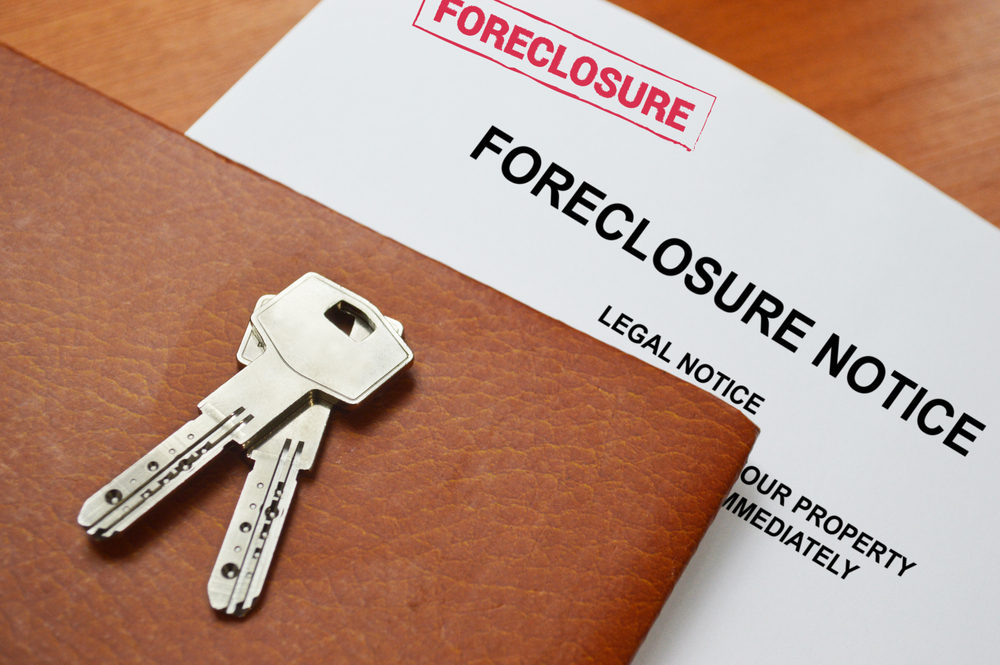In the bustling real estate market of New York, the prospect of renting out a property can be both lucrative and daunting. However, before delving into the world of landlordship, it’s essential to grasp the fundamental question: How long must one reside in a property before being eligible to rent it out? This article aims to dissect this query, shedding light on the legal requirements, practical considerations, and strategic approaches involved.
1. Legal Requirements
New York State boasts a complex web of landlord-tenant laws, and each thread is intricately woven to protect the rights and interests of both parties. Central to these regulations is the concept of residency duration—a prerequisite that prospective landlords must navigate with precision. While specific statutes may vary across jurisdictions within the state, a common thread persists: tenants must typically occupy a property for a minimum period before subletting or leasing it to others.
2. Understanding Lease Terms and Benefits of Longer Residency
Lease agreements serve as the cornerstone of landlord-tenant relationships, dictating rights, responsibilities, and timelines. Within these contractual frameworks lie provisions regarding residency duration, with variations contingent upon lease type. Whether it be a month-to-month arrangement or a fixed-term lease, understanding the nuances of these agreements is paramount for both tenants and landlords alike.
Opting for an extended duration of residency prior to renting out a property offers multifaceted advantages. Beyond merely meeting legal requirements, prolonged occupancy fosters trust and familiarity—a foundation upon which robust landlord-tenant relationships thrive. Moreover, an intimate understanding of the property and its surroundings empowers landlords to make informed decisions and provide enhanced tenant experiences.
3. Risks of Shorter Residency
Conversely, rushing into the rental arena without sufficient residency can expose landlords to a myriad of risks. From legal repercussions stemming from premature subletting to operational challenges arising from unfamiliarity with the property, the pitfalls are plentiful. By heeding caution and respecting residency timelines, landlords can mitigate these risks and set themselves on a path to sustainable rental success.
4. Factors Influencing Residency Duration
Several factors influence the optimal duration of residency before renting out a property. Location plays a pivotal role, with urban hubs like New York City often imposing stricter regulations than their rural counterparts. Landlord preferences, market dynamics, and evolving legal landscapes further shape this temporal calculus—a delicate balance that requires careful consideration.
5. Tips for Prospective Landlords
Armed with insights into the legal framework and practical nuances, prospective landlords can navigate the residency maze with confidence. Thorough research, open communication with landlords, and proactive relationship-building are but a few strategies to expedite the rental process. By adhering to these principles, landlords can streamline operations and position themselves for long-term success in the competitive rental market.
6. Financial Implications
The financial landscape of rental property ownership is as diverse as the properties themselves. Longer residency periods may entail additional costs, such as extended rent payments sans rental income. Conversely, abbreviated residencies risk revenue loss due to legal entanglements or operational inefficiencies. By conducting comprehensive cost-benefit analyses, landlords can optimize their financial strategies and maximize returns on investment.
7. Tenant Screening Process
The tenant screening process serves as the frontline defense against undesirable lessees, ensuring that only reliable and trustworthy individuals occupy rental properties. Thorough due diligence, from credit checks to reference verifications, is essential. By implementing rigorous screening protocols, landlords can mitigate the risk of tenant-related issues and maintain the integrity of their rental portfolios.
8. Documentation Requirements
Proper documentation is the cornerstone of legal compliance in the rental realm. Lease agreements, tenant applications, and regulatory paperwork form the scaffolding upon which landlord-tenant relationships are built. By meticulously documenting each transaction and interaction, landlords can safeguard their interests and mitigate legal liabilities.
9. Landlord-Tenant Relationship
At the heart of every successful rental venture lies a harmonious landlord-tenant relationship. Clear communication, mutual respect, and proactive conflict resolution are the hallmarks of such partnerships. By fostering an environment of trust and transparency, landlords can cultivate tenant loyalty and ensure the longevity of their rental endeavors.
10. Local Regulations and Compliance
Navigating the labyrinth of local regulations and compliance standards is a non-negotiable aspect of rental property ownership. From building codes to zoning ordinances, landlords must adhere to a myriad of legal requirements. By staying abreast of regulatory updates and maintaining meticulous records, landlords can minimize the risk of legal entanglements and uphold the integrity of their rental operations.
Conclusion
In conclusion, the question of residency duration before renting out a property in New York is a multifaceted one, encompassing legal, practical, and strategic considerations. By navigating this terrain with diligence and foresight, prospective landlords can position themselves for success in the dynamic rental market of the Empire State.
FAQs
1. What is the minimum duration of residency required before renting out a property in New York?
A. The minimum residency requirement varies depending on local regulations and lease agreements. In some cases, tenants may need to occupy a property for a specified period before subletting or leasing it to others.
2. Can lease terms affect the duration of residency before renting out a property?
A. Yes, lease terms often dictate residency requirements, with different types of leases imposing varying stipulations. It’s essential to review lease agreements carefully to understand any residency obligations.
3. Are there any risks associated with renting out a property shortly after moving in?
A. Renting out a property shortly after moving in can pose risks such as legal complications, operational challenges, and potential disputes with the landlord or tenants. It’s advisable to familiarize oneself with local laws and market dynamics before proceeding.
4. How can prospective landlords build trust with the landlord to expedite the rental process?
A. Building trust with the landlord involves demonstrating reliability, communication, and transparency. By adhering to lease agreements, maintaining open lines of communication, and fulfilling obligations promptly, tenants can foster positive relationships with landlords.
5. What are the financial implications of opting for a longer residency before renting out a property?
A. Opting for a longer residency may entail additional costs, such as extended rent payments without generating rental income. However, it can also provide opportunities to build trust with the landlord and gain a better understanding of the property, ultimately enhancing the rental experience.
Ready to turn your property into cash? Whether you’re a landlord looking to sell or a homeowner exploring options, Cash Buyers NY is here to help. With our hassle-free process and competitive offers, we make selling your house in New York simple and straightforward. Contact us today for a no-obligation consultation and take the first step towards a stress-free sale!






